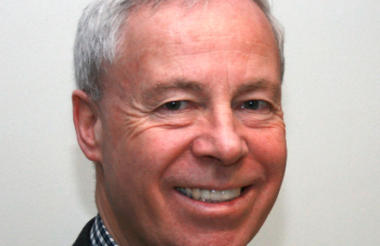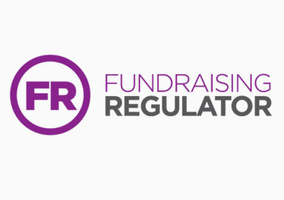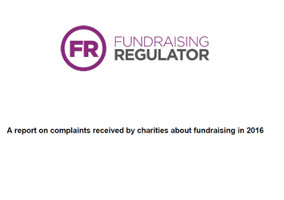The chief executive of the Fundraising Regulator has revealed that since the Fundraising Preference Service launched in July more than 9,000 suppressions have been made.
Speaking at the Westminster Social Policy Forum keynote seminar in London this morning, Stephen Dunmore said that the FPS has now processed over 9,000 suppressions from over 3,700 individuals.
He said that over 8,000 have been suppression requests for contact across all the available channels – direct mail, telephone, email and SMS.
Dunmore said that only a relatively small number of people had been using the FPS to make “multiple suppressions of multiple charities”.
In terms of overall complaints, Dunmore said the Fundraising Regulator had now received “over 800” complaints from the public since its launch last summer. He said it was averaging around 80 complaints a month, and had received some 107 complaints in October.
Fundraising Regulator budget set at £1.8m for next financial year
The chief executive of the Fundraising Regulator has said that organisation’s budget for the next financial year has been set at £1.8m.
Dunmore said that the Fundraising Regulator’s £1.8m budget was being drawn from the now over 1,400 levy paying charities as well as from “nearly 1,000” smaller charities who have registered with it from outside of the levy.
Dunmore said that the £1.8m budget figure was “rather less than had been envisioned in the Etherington Review, but will enable us to do most of what we need to do”. However he said this means the Fundraising Regulator will be doing less “proactive work, such as sharing learning, than we would have wished”.
The regulator’s chief executive again criticised the “100 or so charities who won’t even answer our communications”, and said that this number of charities remain “blissfully unaware of the Etherington Review, the creation of the Fundraising Regulator, the Charity Commission’s CC20 guidance, and the fundraising requirements in the 2016 Charities Act”.
Dunmore went on to say that he asked himself whether “this lack of awareness meets the requirements for good governance that we’re entitled to expect”.
“You’ll have gathered that rolling out the levy has not been easy and that some smaller charities – although they’re not that small if they spend £100,000 or more a year on fundraising – some of them seem blissfully unaware of the Etherington Review, the creation of the Fundraising Regulator or the Charity Commission’s CC20 guidance, and the fundraising requirements in the 2016 Charities Act.
“I do ask myself whether this lack of awareness meets the requirements for good governance that we’re entitled to expect.”
‘Priority to raise profile in Northern Ireland and Wales’
In terms of priorities for the next 12 months, Dunmore said that the Fundraising Regulator “needed to raise its profile both Northern Ireland and in Wales, in particular with smaller charities” and would be setting aside some marketing budget for that purpose.
He also said that events around Grenfell Tower and various terrorist attacks in the UK had made the regulation of digital giving platforms “something of a political priority” and the regulator was aiming to get all of the major platforms to register with it.
He also said that the regulator would be opening a fresh consultation looking to “reorganise and rationalise the Code of Fundraising Practice to make it more accessible to charities and the public,” which he said would begin in the new year.
Related articles












